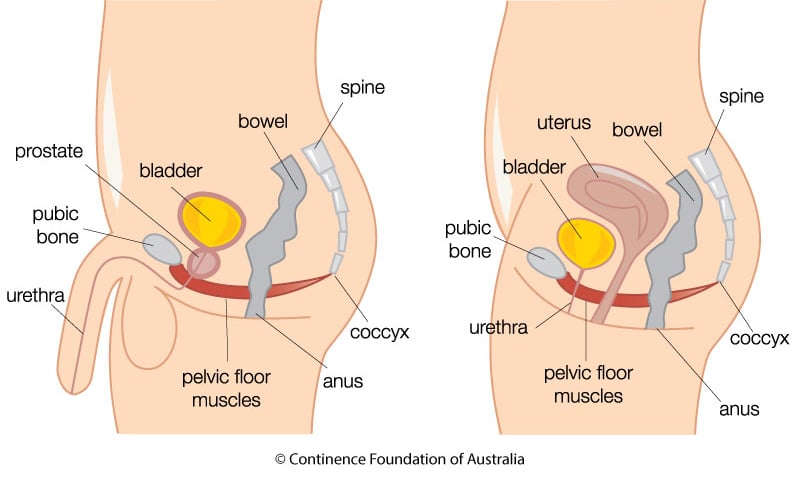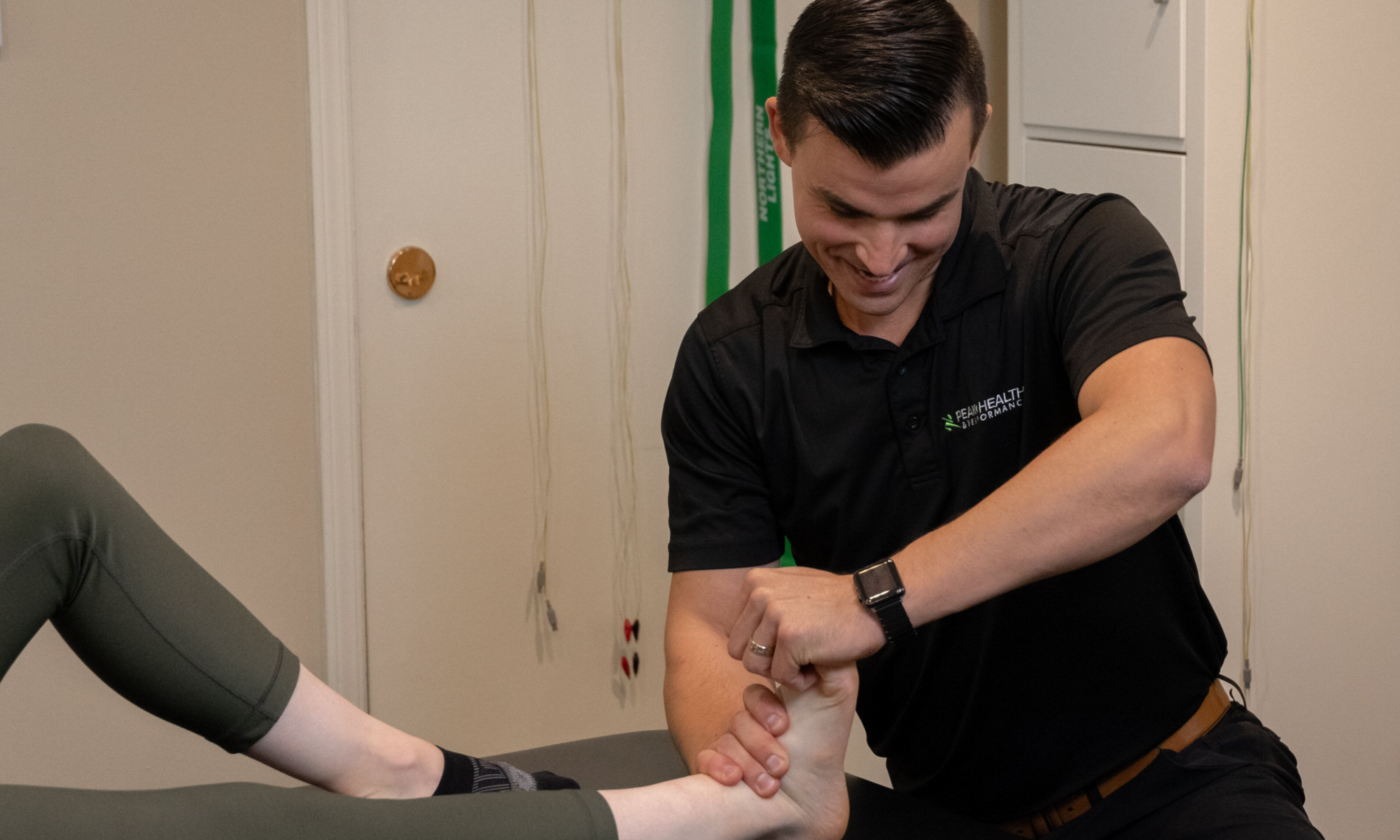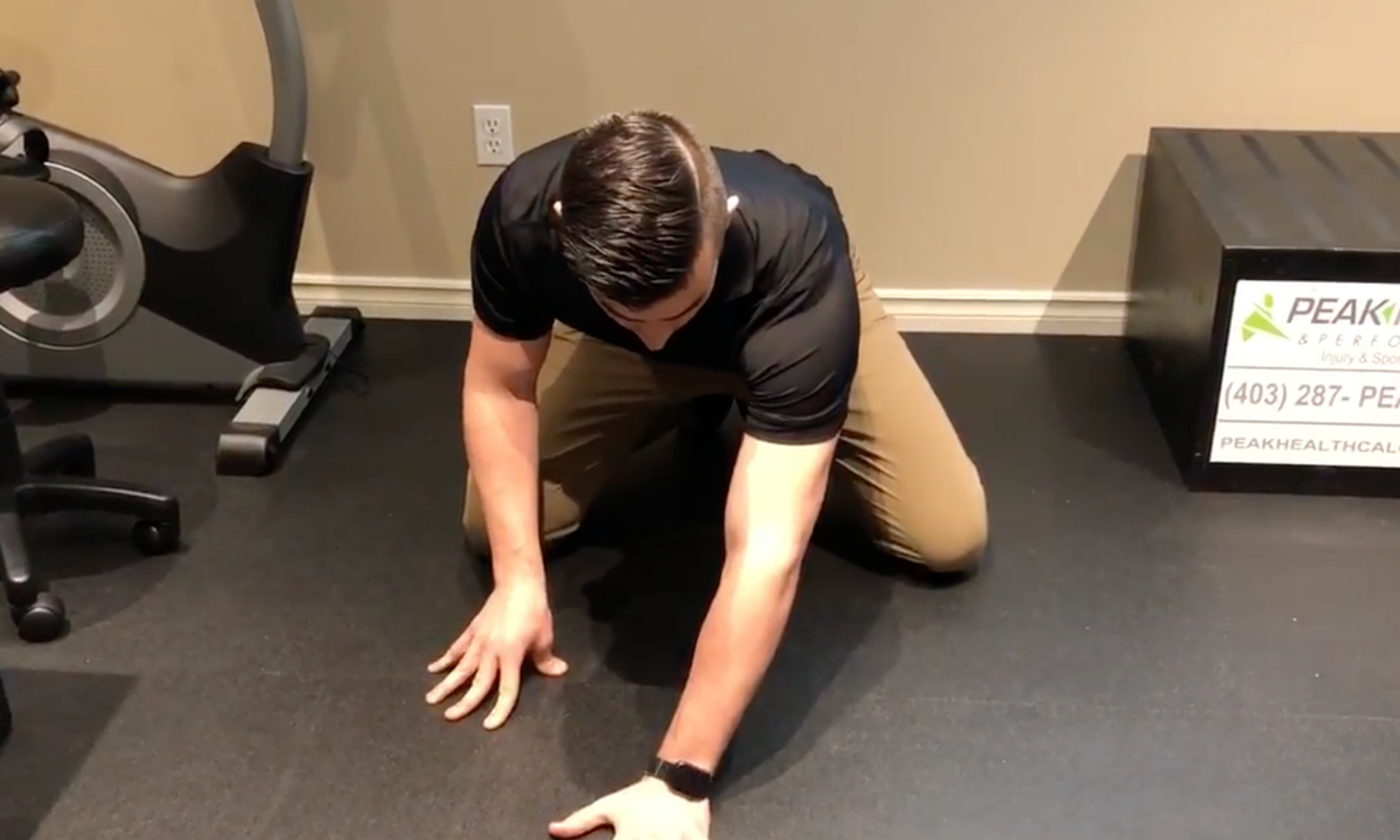Written by Helen Lo, Physiotherapist
Contrary to popular belief, good pelvic floor health is a lot more than “just doing kegels”. Sometimes, it is even the opposite and there is a large focus on pelvic floor relaxation.
What is Pelvic Floor Physiotherapy?
 Pelvic floor physiotherapy is a specialized area of physiotherapy that requires additional training to assess the strength, tone, and function of the pelvic floor through internal and external examinations.
Pelvic floor physiotherapy is a specialized area of physiotherapy that requires additional training to assess the strength, tone, and function of the pelvic floor through internal and external examinations.
The pelvic floor muscles collectively form a bowl at the base of your pelvis. These muscles work together to support your organs, control continence, provide stability for your low back and pelvis, move fluid through the pelvic girdle, and increase blood flow to the organs that control erection and orgasm.
Key Terms
Stress Urinary Incontinence: Uncontrolled urine leakage when you cough, sneeze, or jump
Overactive Bladder: The feeling of a frequent urge to empty your bladder
Pelvic Organ Prolapse: The feeling of heaviness or pressure in the vagina due to 1 or more organs dropping down as the muscles and tissues in the pelvic region are no longer able to support them

Dyspareunia: Pain with intercourse either before, during, or after
 Rectus Diastasis: An observable bulge through the abdomen due to the separation of the “6-pack” abdominal muscles that can commonly occur during during pregnancy or postpartum.
Rectus Diastasis: An observable bulge through the abdomen due to the separation of the “6-pack” abdominal muscles that can commonly occur during during pregnancy or postpartum.
Would You Need Pelvic Floor Physio?
1. Do you struggle with uncontrolled leakage of urine or stool (incontinence)?
2. Are you constantly feeling the urge to pee (urgency)?
3. Do you feel a heaviness or pressure in your pelvic region?
4. Do you experience pelvic pain, low back, hip pain, or painful intercourse (dyspareunia)?
5. Have you received a diagnosis or experienced symptoms of endometriosis?
6. Did your abdominals separate (rectus diastasis) during or after pregnancy?
7. Do you experience pain when passing stool or infrequent bowel movements (constipation)?
8. Does your child wet the bed?
9. Prenatal care
10. Postpartum care
If you answered yes to any of these questions, or if you fall into the pre or post natal window, you are a perfect candidate for pelvic floor physiotherapy! Although many of these symptoms are very common in the general population, it does not mean it’s normal or that you have to settle for these symptoms. Pelvic floor physio can help!
 So…Who Should See a Pelvic Floor Physiotherapist?
So…Who Should See a Pelvic Floor Physiotherapist?
The short answer is anyone! A Pelvic Floor Physiotherapist can help whether you are pregnant with your first child, a competitive olympic weightlifter experiencing leakage with each lift, a child that is missing sleepovers due to wetting the bed, or someone experiencing pain with intercourse.
What to Expect at Your First Appointment:
During your first visit, expect a comprehensive 60 minute 1-on1 assessment between you and your therapist. Your pelvic floor therapist will start by taking the time to listen to your concerns, medical history, and goals of treatment. Following this, you will be taken through the hands-on portion of the assessment which could include an external and internal examination (if deemed appropriate and agreed upon by you).
Although an internal examination (vaginal or rectal) is considered the “gold standard” to assess the pelvic floor, your therapist will meet you at your comfort level and walk you through each stage of the assessment. Don’t worry if you choose not to have an internal examination, there is still plenty of valuable information that can be gained from an external assessment! There are even times when an internal exam is not recommended such as when working with kids.
At the end of the first appointment, your therapist will review their findings and provide you with a detailed plan of action tailored to you and your goals.
FAQ
What does an internal pelvic exam entail?
An internal exam consists of a digital exam conducted either vaginally or rectally.
Is it safe to see a pelvic floor physiotherapist while pregnant?
Yes, we actually recommend all women come in for an assessment after their 1st trimester. This helps us to obtain a baseline of strength and can help guide you through a comfortable pregnancy. If your doctor or midwife has advised you against sexual intercourse, we will proceed without conducting an internal examination.
Can I still come to my appointment if I am on my period?
Yes! If, however, you are uncomfortable with coming in during this time, you can reschedule your appointment.
How soon after delivery should I come to pelvic floor physiotherapy?
6 weeks after delivery. We usually recommend coming in for an internal exam following your 6 week check-up with your doctor or midwife. However, if you are experiencing significant pain, bowel concerns, and/or bladder or urinary dysfunction, feel free to come in sooner.
Don’t Let Your Pelvic Floor Limit You!
Many people may tell you your pelvic floor symptoms are normal but they are not! Your pelvic floor physiotherapist is here to prove to you that although leaking urine and prolapse may be common pelvic floor concerns, there is hope and it can get better with professional help. Click below to book an appointment and take back control of your pelvic floor!

 So…Who Should See a Pelvic Floor Physiotherapist?
So…Who Should See a Pelvic Floor Physiotherapist? 



